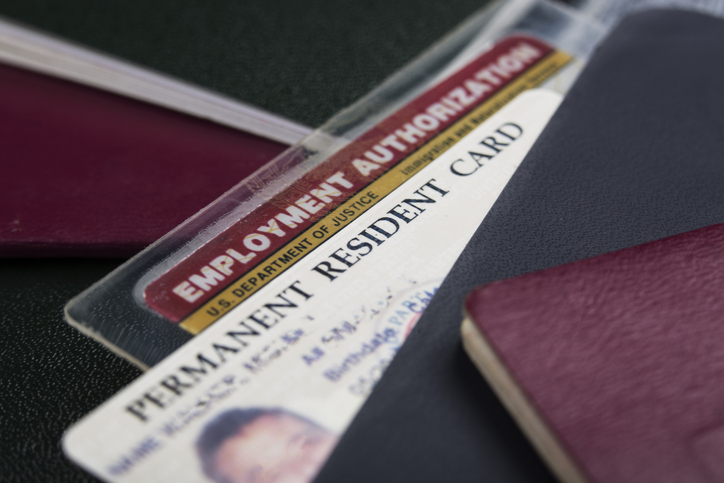When it comes to working legally in the United States, you want to make sure you’re receiving accurate and updated information on their immigration policies and procedures. It’s important to have reliable sources and legal support to so you can reach your goals without losing your right to work. That’s why it’s vital to understand what H1B and H2B visas are and the extent of their limitations or “caps”. In this article, we explain the difference between H-1B visas and H2B visas, what the H-2B cap is, and how any further applications will be affected by the fiscal year cap.
What is an H-1B Visa?
If you are a foreign worker that holds highly specialized knowledge or expertise in a specific field, you might be able to qualify for an H-1B visa. The H-1B program was built specifically for those individuals that have important roles in specialty occupations in areas such as medicine, science, engineering, or technology. Those looking to obtain H-1B visas must have bachelor’s degree or higher in their particular field of study. If you’re applying for an H-1B visa, you should have a role and a specific job offer on the table in the United States before filing.
What is an H-2B Visa?
The terms and conditions for an H-2B visa are a bit more complicated than the H-1B visas. The H-2B visa allows foreign workers to fill temporary nonagricultural positions. In order to qualify for an H-2B visa, you must establish a few things before you can begin to apply. The U.S. Citizenship and Immigration Services website states that applicants should be able to establish:
There are not enough U.S. workers who are able, willing, qualified and able to do the temporary work.
By filling the temporary position, you will not be adversely affecting the wages and working conditions of U.S. workers.
The employer’s need is considered temporary, either as a one-time occurrence or a seasonal need.
What is an H-2B Visa Cap?
Every fiscal year, Congress puts a limit or “cap” on the number of foreign nationals who may be authorized to obtain an H-2B visa. The cap is currently set to 66,000 per fiscal year. 33,000 of those workers will begin their employment in the first half of the fiscal year, while the other 33,000 being their employment in the second half of the fiscal year. If there are any unused positions in the first half of the fiscal year, they will roll over and become available during the second half of the fiscal year. However, unused positions from one fiscal year will not roll over to the next.
H-2B Cap Reached for the Fiscal Year of 2019
Right now, the U.S. Citizenship and Immigration Services Department is no longer accepting applications for H-2B nonimmigrant visas because the cap has been reached for the second half of this fiscal year. The final receipt date for new cap-subject H-2B worker petitions was Feb. 19, 2019. USCIS will reject new cap-subject H-2B petitions received after Feb. 19, 2019. Because they received so many H-2B applications, the USCIS deemed it necessary to use a computer computer-generated, also known as the lottery, to fairly and randomly select the number of H-2B visas they need to meet the remainder of the fiscal year cap of 2019.
Workers Who Are Exempt from the H-2B Cap
The U.S. Citizenship and Immigration Services Department will continue to accept H-2B visa applications that are exempt from the mandated cap. These exempt applications include:
Current H-2B workers in the US that are applying to extend their stay, change the terms of their employment, or change employers.
Fish roe processors, technicians, or supervisors of the fish roe industry.
Workers performing labor or services in the Commonwealth of Northern Mariana Islands and/or Guam from November 28, 2009, until December 31, 2029.
In addition, it’s important to remember that any spouse or children of H-2B workers are classified as H-4 nonimmigrants. They’re also considered exempt from the congressionally mandated cap.
For More Information on H-1B Visas and H-2B Visas
While it is possible to complete the H-1B or H-2B visa petitions on your own, it’s not recommended. These petitions can be incredibly complicated. If you’re dealing with a language barrier, it can be even more difficult. It’s highly advised to work with an experienced immigration attorney to assist you through this process. In addition, you need to be aware of deadlines, changes, and updates to the U.S. Citizenship and Immigration Services procedures. Without this knowledge, it can be very difficult to obtain the proper visa or green card you need to begin legally working in the United States. Contact a trusted immigration attorney today to learn more about your options.

 Supporting the Fight
Supporting the Fight